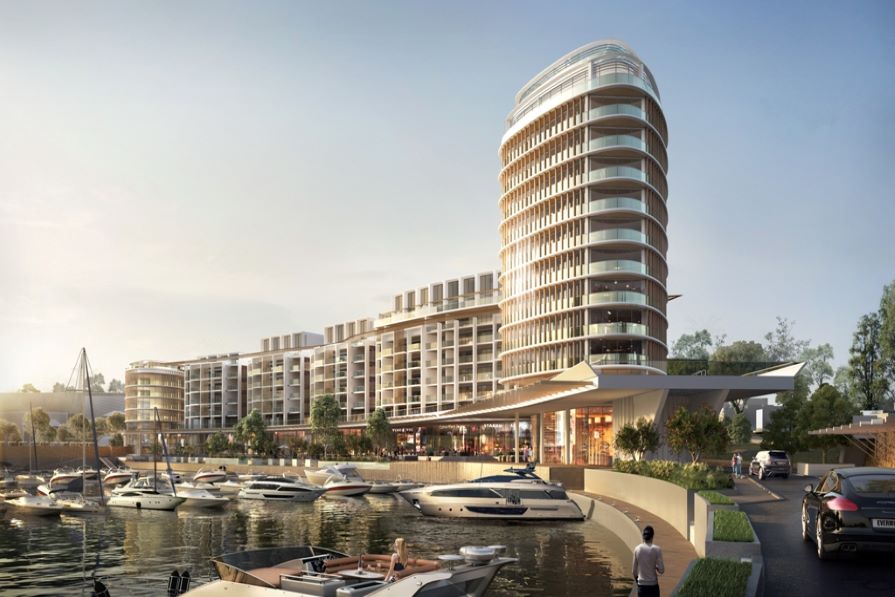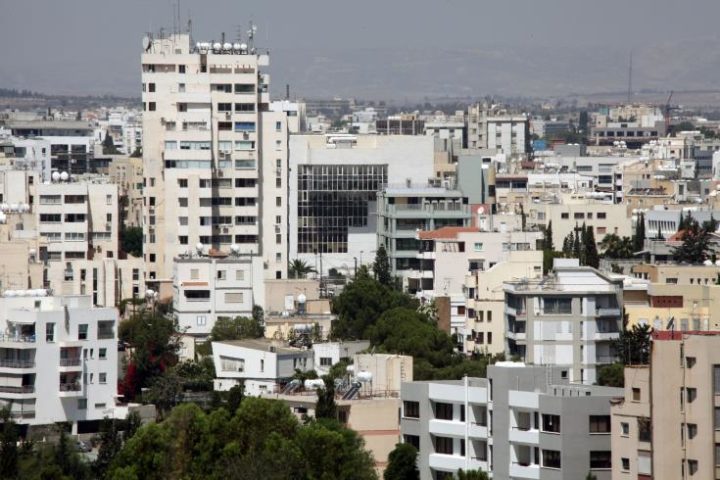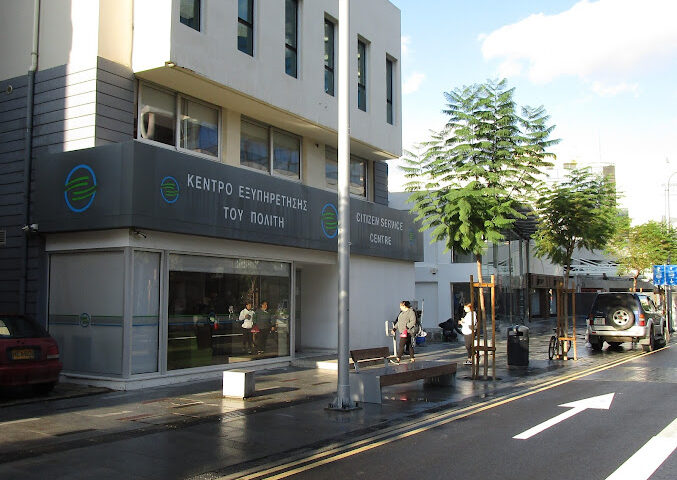The adoption of the national healthcare system (the GHS), introduced four years ago, is costing the government of Cyprus and its people several billion a year.
The compensation paid to doctors and other related health providers has increased demand for medical services, with the average income from this service alone, per ordinary GP family doctors, approximately €200,000-250,000 p.a.
With little doctors’ expenses or overheads, this encourages newcomers and the older generation of doctors (over 70) to join.
Doctors and other professionals come from all over the EU, particularly Greece.
In contrast, more adventurous companies of the medical profession showed an increasing interest in buying out existing private hospitals [three sold so far].
And others are planning to erect their facilities (especially from Israel).
This creates a snowball of income which is now evident in the investment in real estate by projection coming from this source of “medical” investors.
During a recent visit to the Protaras Marina development (sale price of 1 – 2 bed apartments start at around €700,000), we were informed that sales of the apartments in that project were taken over by mainly doctors, accountants and lawyers (the latter were much more active some time ago due to the Golden Passports issue].
The prevailing deposit rates (very low, to negative) direct this newly acquired wealth to be interested towards (mainly) local real estate investment.
Added new interest comes from medical laboratories, which appear in most high streets, taking over expensive showrooms unique to Cyprus.
Now there is a lot of discussion regarding the GHS introducing mental health providers (adding to the pool of new investors).
On this point, I hope the national health system will eventually correct the sick mentality that we seem to have in this country regarding the encouragement of Cyprus’ investment and cancelling or delaying infrastructural projects.
We must encourage upgrading the tourist industry (such as Ayia Napa Golf, the Ayia Napa Marina/ Paralimni, the Sun City Hotel complex, and the new hotel proposal at Konnos).
The Famagusta marinas, or the Potamos investment costing the state millions, are under question by some people.
At the same time, the Natura2000 restriction is under pressure from the government Environment Department to expand it to include “nearby areas”, whatever that may mean.
So, in addition to the Natura restrictions, with 20% public green space required to be ceded, the seashore protection zone and, of course, the Turkish invasion with 40% of the country’s occupation, what land will be left for development?
There is the oxymoron of trying to attract investment in Cyprus, whereas these back steps (including the new objectionable proposal for permanent residency visas, the pending increase of VAT from 5% to 19% and others) work in the opposite direction.
It seems there is no comprehensive plan with clear directions as to where Cyprus is aiming.
This new influx of foreign investment has, of course, its negative side effects.
Since more large-scale investments are directed towards Limassol, problems are appearing in the radical increase of rents and sales prices, hurting locals, who are now moving out of town towards the outskirts, creating problems for schooling, traffic, and non-affordable housing (especially for the middle and lower-income groups).
In this country, we need our heads examined.
Petty politics is the main cause, with political parties seeming to care little about the Cyprus economy.
We live in hope, but as the circumstances evolve, we are running out of it.
Antonis Loizou F.R.I.C.S. – Antonis Loizou & Associates EPE – Real Estate Valuers, Project Managers & Property Consultants










